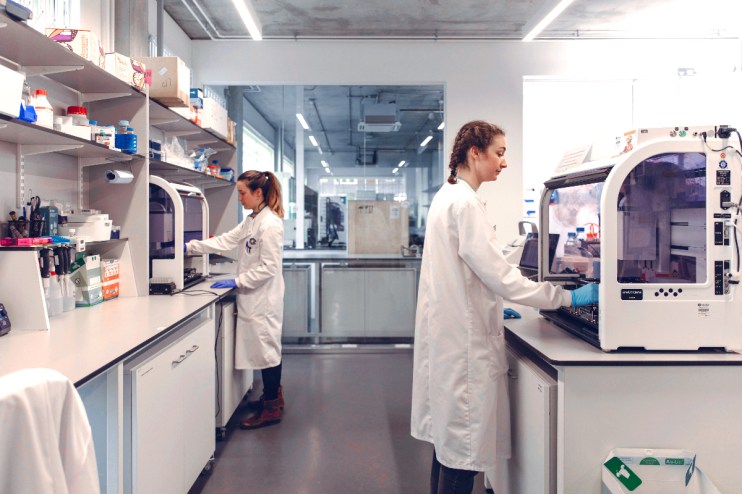Why Lab-grown meat is a win for the UK’s investment industry

With news today that the UK has become the first European country to approve the use of lab-grown meat, the investment industry should be taking this as a win.
The Animal and Plant Health Agency and the Department for Environment, Food and Rural Affairs approved a pet food product from the company Meatly today, which produces cultivated chicken meat.
Meatly is backed by Agronomics, an Isle of Man-based venture capital firm with a 40 per cent stake in the firm that has also funded companies like California Cultured, which produces cell-cultured flavanol cocoa powder.
The company not only provided £1.5m in funding for Meatly, which has more than tripled in value as the company has grown, but also industry expertise and guidance throughout the regulatory procedure, the company’s co-founder told City A.M.
“Innovation requires capital and one of the major conduits of capital to entrepreneurs in the UK is investment companies like Agronomics,” Anthony Chow said.
Agronomics’ listed status is a key part of how it has been able to do this, and how investors have been able to benefit.
Annabel Brodie-Smith, communications director of the Association of Investment Companies, explained that the closed-ended structure of these vehicles “allows their managers to take a long-term view of their portfolio, and unlike open-ended funds they are never forced sellers”.
“This makes investment trusts highly suitable for investments in illiquid assets like private companies or smaller quoted companies, which so often drive innovation,” she added.
Other investment vehicles are also instrumental in pushing forward technological breakthroughs in the UK, in areas like AI, spacetech, life sciences, fintech and environmental technologies.
Seraphim Space investment trust is a key example of this, focusing on areas such as on the application of AI for climate monitoring satellites and how to use microgravity for biomedical research.
Meanwhile, Augmentum Fintech has backed big fintech names like Tide, Interactive Investor and the equity crowdfunding platform Seedrs.
“This model isn’t conventional in the US and to a lesser extent Europe, but in the UK, it provides a mechanism by which non-institutional investors can gain exposure to industries of the future and invest in several industry-leading companies,” said Agronomics’ Chow.